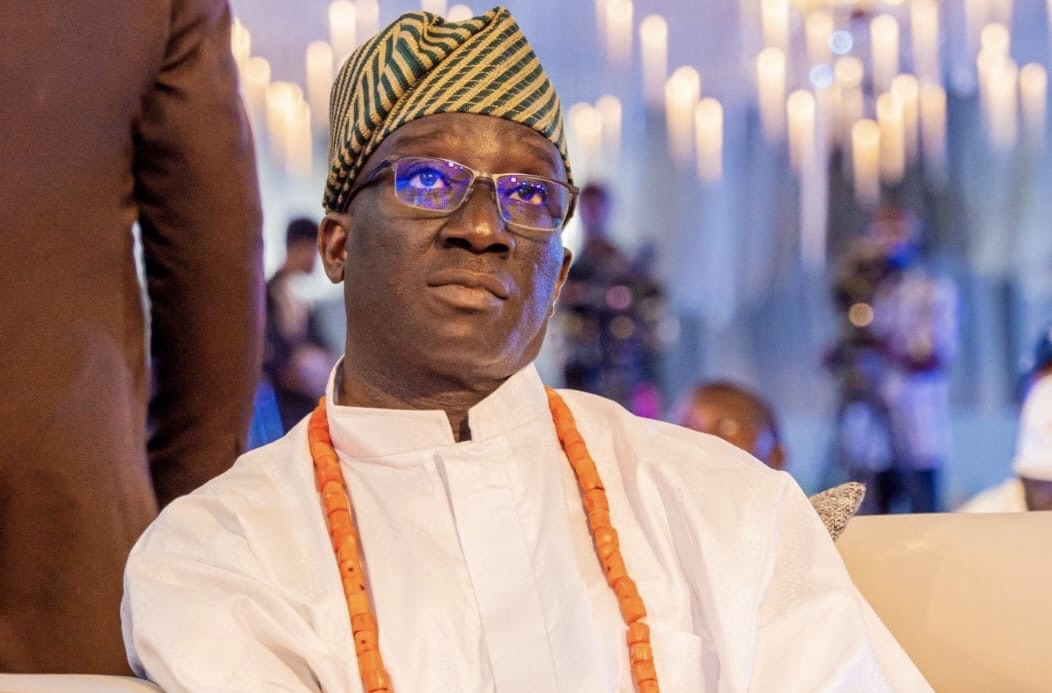IN a recent piece on the subjects of economy and leadership, Prof. Soludo, former CBN governor, bared his fangs and in anger unleashed fatal punches at the Jonathan administration.
He dismissed Mr. President’s economic team as incompetent. He wrote “sadly, the government’s economic team is very weak, dominated by self-interested and self-conflicted group of traders and businessmen and so-called economic team meetings have been nothing but showbiz time. The very people government exists to regulate have seized the levers of government as most government institutions have largely been privatized to them.”
Soludo insists “mention any major government department or agency and someone would tell you whom it has been “allocated” to and the person subsequently nominates his minion to occupy the seat.
My thesis is that the Nigerian economy if properly managed, should have been growing at an annual rate of about 12% given the oil boom, poverty and unemployment should have fallen dramatically over the last five years. This is a topic for another day.
In her reaction Okonjo-Iweala, stated that Soludo lacks the moral authority to criticize.
According to her Soludo is the worst CBN Governor ever who mismanaged inflation which hurts the poor and vulnerable, which he left at 13% as against the signal digit of 8% today. Also he thoroughly mismanaged the implementation of consolidation of the banking sector leading to the worst financial crises in Nigeria’s history and an incredible accumulation of liabilities that would cost l5.67 trillion to clean up.
The truth of the matter is that there are a lot of similarities between Okonjo Iweala and Professor Soludo Both of them have proven by their words and deeds that they are more of agents of international finance monopoly.
Logically therefore the war of words between this two great Nigerians is just an implosion within the same ideological kingdom.
If it were not so Professor Soludo would have been very careful in referring to Babangida SAP as the best option out of economic crises at that time, He failed to realised or many have forgotten the enormous pain SAP brought to Nigerians.
Again Soludo wrote “in Nigeria’s recent history, two examples under the military and civilian governments demonstrate that where the political will exists, Nigeria has the capacity to overcome severe challenges. The first was under President Babangida. Not many Nigerians appreciate that given the near bankrupt state of Nigeria’s finances and requirements for dept resolution under the Paris club, the country had little choice but to undertake the painful Structural Adjustment Programme (SAP) I want to state for the record that the foundation for the current market economy we operate in Nigeria was laid by that regime (liberalization of markets including market determined exchange rate, private sector – led economy including licensing of private banks and insurance, de-regulation, privatization of public enterprises under TCPS e.t.c) just abolishing the import licensing regime was a fundamental policy revolution. Despite the criticisms, these policy thrusts have remained the pillars of our deepening market economy, and the economy recovered from almost negative growth rate to average l5.5% during the regime and poverty incidence at 42% in 1992.
Under our democratic experience Soludo enthused that “President Obasanjo inherited a bankrupt economy (with the lost decade of the 1990’s GDP growth rate of 2.2 % and hence zero per capital income growth for the decade). His regime consolidated and deepened the market economy structures (consolidation of the banking system which is powering the emergence of a new but truly private sector-led economy and simultaneously led to a new awareness and boom in the capital market; telecommunications revolution; new pension regime, debt relief which won for Nigeria policy independence from the World Bank and Paris club, depending of de-regulation and privatization including the unbundling of NEPA under PHCN of privatization, agricultural revolution that saw fairly growth rate of over 6% and remains unsurpassed ever since; sound monetary and fiscal policy and growing foreign reserves that gave confidence. To investors, establishment of the Africa finance corporation which is leading infrastructure finance in Africa;
Against this backdrop, the reciprocal fireworks between Charles Soludo, former CBN governor and Okonjo-Iweala, Finance Minister are more of ideological recriminations involving two great brains whose perspectives on national economic development are always influenced by the interplay of forces of international finance monopoly
The difference between what they represent is like the difference between six and half a dozen as Soludo and Iweala will always be caught in the vice grip of the contradictions and crisis underpinning market-driven and private-sector led economy which they always promote.
For example both of them support less government and big business. While Okonjo-Iweala will continue to feel uncomfortable with huge recurrent expenditure caused by workers salaries, Soludo would always support “unbundling” of government agencies, a euphemism for privatization.
I don’t know if Soludo would have been so hard hitting and unsparing in his article. If, as Iweala, he was serving in Jonathan’s administration. And I also do not know why it took Iweala so many years to realize that Soludo “thoroughly mismanaged the implementation of the consolidation of the banking sector leading to the worst financial crisis in Nigeria’s history”.
The truth of the matter is that both Iweala and Soludo are ideologically compatible in their ceaseless attempt to force their private sector-led ideology “on society and to persuade us to continue traveling on the same wrong, barren and hurtful road”.
Again, I also think Soludo was not honest in his analysis when he scored Obasanjo high on so-called “deepening of deregulation and privatization including the unbundling of NEPA under P.H.C.N” when 16 years after, Nigeria is still in darkness”.

soludo and okonjo

